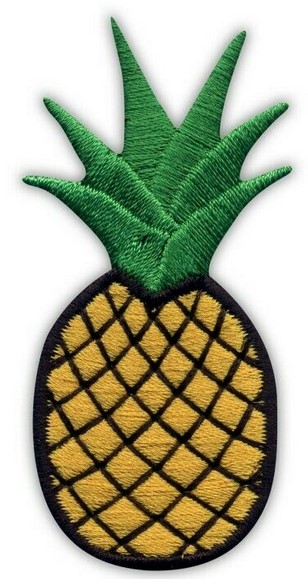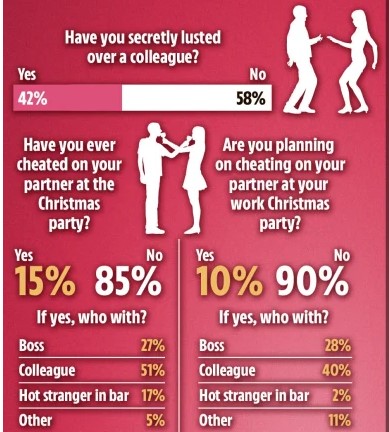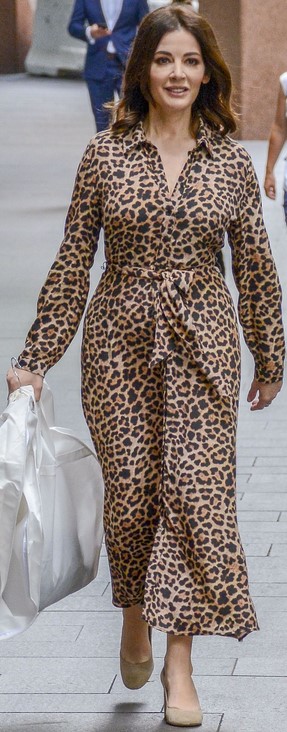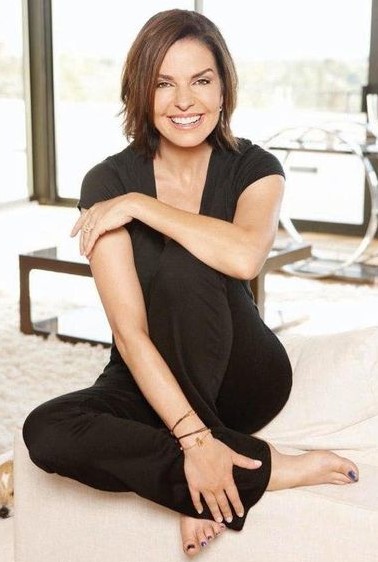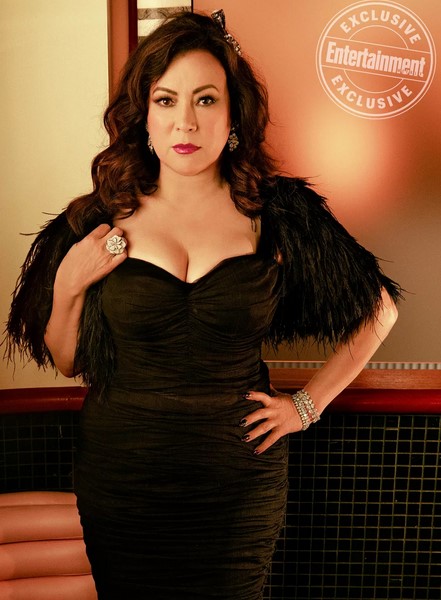Taking a break from locking people up in their homes, beating them up in the streets and harassing them for not wearing paper face condoms, the OzPM does something right, for a change:
Australia’s Prime Minister Scott Morrison has backed what he called a ‘terrific’ bill that would ban transgender athletes from single-sex sports
‘The primary policy intent of the Bill is to acknowledge that categorisation by sex is a necessary and important mechanism to provide sporting participation and competitive opportunities for females. It seeks to ensure that women’s single-sex sport is protected and encouraged, and that a male person is not entitled to demand inclusion into women’s sport on the basis of gender identity.’
Predictably, the Usual Suspects have thrown a hissy fit:
Rights groups have slammed the bill and reacted angrily to Morrison’s comments, arguing that the amendment would see transgender people excluded.
Let’s just examine this for a moment. While it is claimed that there are “thousands” of transgenderists in Australia (a topic for another time), the actual number of people who’ll be affected by this bill is a few dozen, at the most: men thinking they’re women who want to participate in top-class competitive sport.





